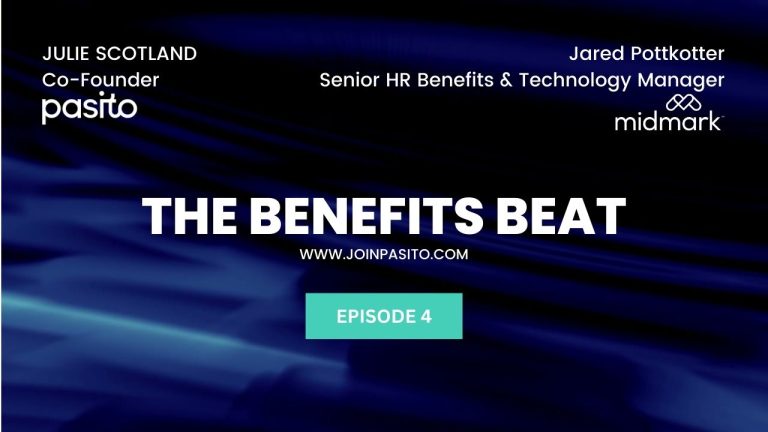At any given moment, your employees can walk out and go get paid more elsewhere.
Stings a bit, right?
But this is our current reality and what it truly means to be in a candidate’s market during the Great Resignation. High-potential candidates and employees know what they want, and they’re not afraid to go for it.
Which is why as an employer, it’s never been more important for you to prioritize employee financial wellbeing and their overall experience—especially their benefits experience.
Just last week, HR leaders from around the nation shared actionable applications, latest trends, and best practices of how HR tech can support today’s new work reality during the Human Resource Executive HR Technology Virtual Conference.
How to best support the employee benefits experience was a hot topic across the board.
So, we pooled a few of our top takeaways to help you provide a better employee benefits experience in 2022 and beyond.
Let’s dive in!
Adjust benefits according to demographics
No longer will standard benefits cut it. If you want to stand out above the rest, you need to think: What benefits speak to the demographics I’m trying to recruit and retain?
Want to recruit those who are returning to work after a gap in their career? Offer flexible schedules. That way, they have time to create a work/life balance that supports them as they transition back into the workforce.
Or, do you have aspiring parents on your team? Offer adoption or fertility support as a benefit. This could encourage them to stay with your company instead of looking for better opportunities elsewhere.
Truth is, we’re moving into an era where personalizing the employee benefits experience is no longer a nice-to-have. It’s a must.
Have an integrated, well-connected benefits platform
According to a commissioned study by Forrester, 86% of employees said navigating and utilizing their employee benefits plan has been challenging. And 75% said they want HR to improve employee-facing applications or websites.
When it comes to employers, over half said the pandemic exposed gaps in their benefits tech platform that have failed to meet employee needs.
These stats signal a disjointed benefits experience, all of which can be fixed with one thing: better technology.
Think about how benefits are integrated into talent acquisition, employee onboarding, open enrollment, and other seasonal efforts at your organization. What new HR tech solutions can help you make the employee benefits experience as seamless as possible?
You’ll not only improve employee benefits education, but also the relationship between HR and the rest of the organization.
Because at the end of the day, benefits should be easy to choose, use, and manage.
Assess the success of your current HR tech and adjust from there
Measuring utilization, maximization, and ROI are valid indicators of the overall efficacy of your employee benefits package.
But according to keynote speaker Josh Bersin from The Josh Bersin Academy, measuring the success of your tech boils down to three simple metrics:
- No one asks about it.
- No one complains.
- Everyone uses it.
Don’t make measuring the success of your HR tech any more difficult than it needs to be. Start with the basics. (And if you want a more complete answer to measuring employee benefits success, download our free guide.)
A better employee benefits experience starts with you
There you have it. A few top tips from industry experts in what it takes to create a better employee benefits experience.
Putting these into action doesn’t have to be difficult—just proactive.
Take the time to measure the success of your current employee benefits package and see what can be improved.
Keep in mind the ideal solution is one that not only improves your employees’ benefit experience, but also lessens the burdens for HR and C-suite as well. (Yes, IT IS possible to have it all.)
So, instead of calling it the Great Resignation or the Great Reassessment, let’s turn it around. This year will be remembered as the time when the market unveiled areas that need to be addressed and our industry rose to the challenge to provide a better benefits experience for employees.



